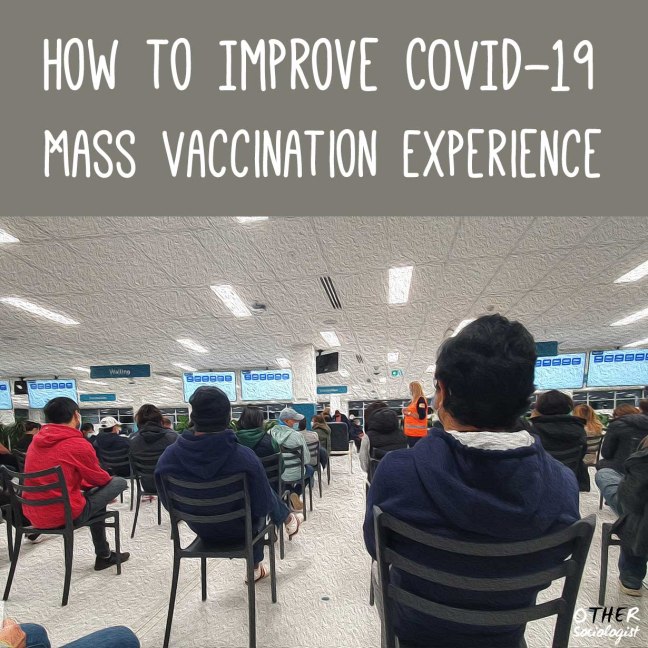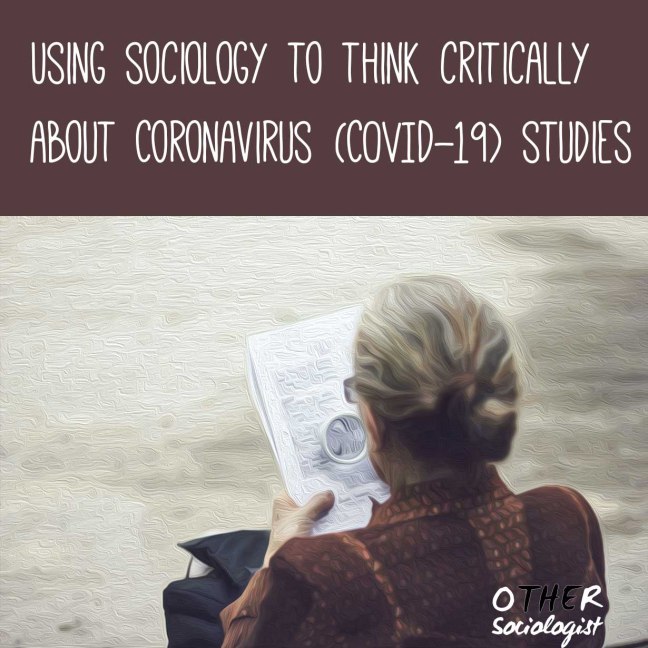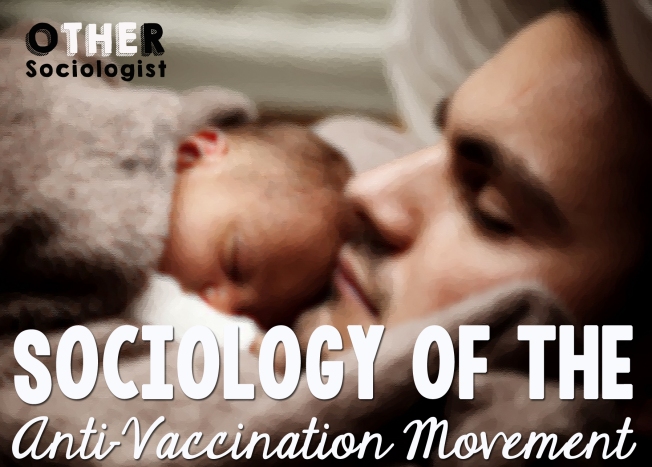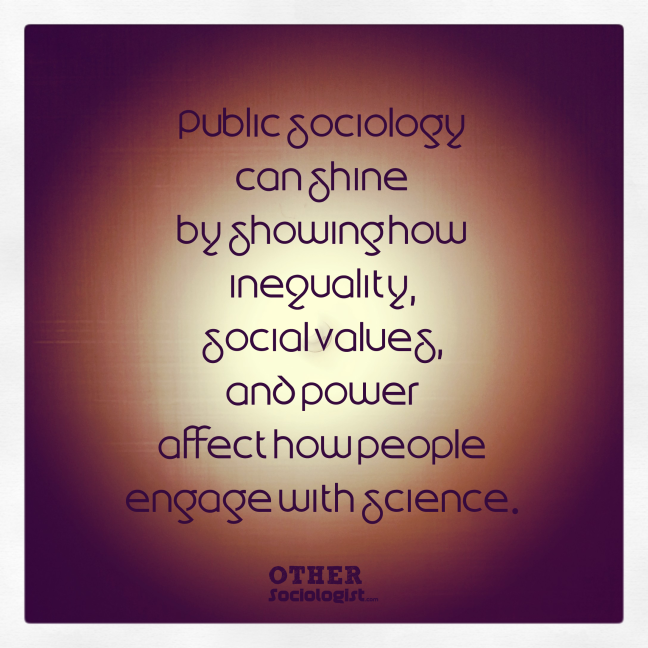I’ve been thinking a lot about the role of public sociology because of the Coronavirus (COVID-19) pandemic. What follows has been in the works for a couple of months. As previously promised, I’m now coming back to this because of the ongoing need to increase public awareness about the science of the pandemic.
Earlier in the year, I worked with some colleagues on an early literature review scoping policy responses to the pandemic, and I’ve provided feedback on evolving policy research. As an applied sociologist, my focus has been on how race, culture, disability, gender, and other socioeconomics impact how people understand and act on public health initiatives, as well as ethical considerations of COVID research “on the run.”
Since then, I’ve been keeping up with both the research and media coverage of public health responses. I’ve been providing summaries of unfolding information on my social media (primarily Facebook and Instagram stories, as well as Twitter). This started partly to address some of the misconceptions I was seeing amongst my friends and family and I’ve kept this up as it’s been the most efficient way to help people in my life better understand what the restrictions mean for them, or to correct confusing reports.
Unfortunately, there is a lot of misinformation. People are hungry for practical advice, but don’t know who to trust (they don’t know where to look for credible resources), or they feel overwhelmed with too many conflicting directions. This is known as information overload, and it leads to poor decision-making.
One of the patterns that has been especially concerning are people writing social media posts, op eds and even setting up consultancies to profiteer from COVID-19 without any health training or policy experience. This contributes to public distrust, conspiracy theories or poor discussion that is not based on evidence. People are choosing to confirm their pre-existing beliefs, rather than engaging critically with scientific information that challenges their perspective. This is known as confirmation bias. It stops people from considering new information and different points of view that might be helpful to their wellbeing.
Reading original scientific journal articles is not always possible as there is often a paywall. Plus, science papers are, by definition, published for the academic community. The language is technical, and the principles can be hard to follow for people who are not subject matter experts. This makes it more important for scientists who have access to write about science research in an accessible manner and to share findings through different communities.
While data on COVID-19 are evolving, and no one can claim to be a definitive COVID-19 expert, the best sources to trust are official sources, such as state Health Departments, epidemiologists, virologists, health practitioners who are providing front-line services (such as Aboriginal-controlled health organisations), and policy analysts who work on COVID-19 responses. Additionally, reliable news sites include the ABC News Australia live blog, Croakey and individual health researchers, such as epidemiologist Dr Zoe Hyde (University of Western Australia) on Twitter.
If you read about a study, how do you know if you can trust the conclusions? What’s the best approach if you wanted to write about a study’s findings for a broader audience, whether it’s your friends and family reading your Facebook feed, or an article in a major news site? Today’s post gives tips for how to read a study using critical thinking principles from sociology, and things to consider if you want to write about, or share, studies that you read about.
Continue reading Using sociology to think critically about Coronavirus COVID-19 studies




